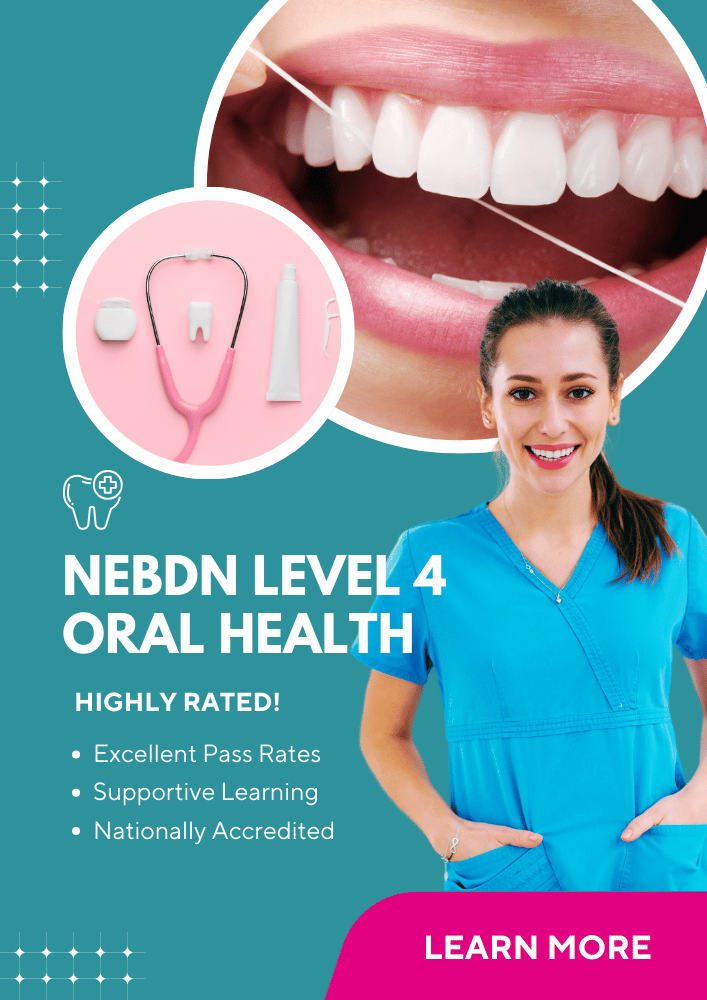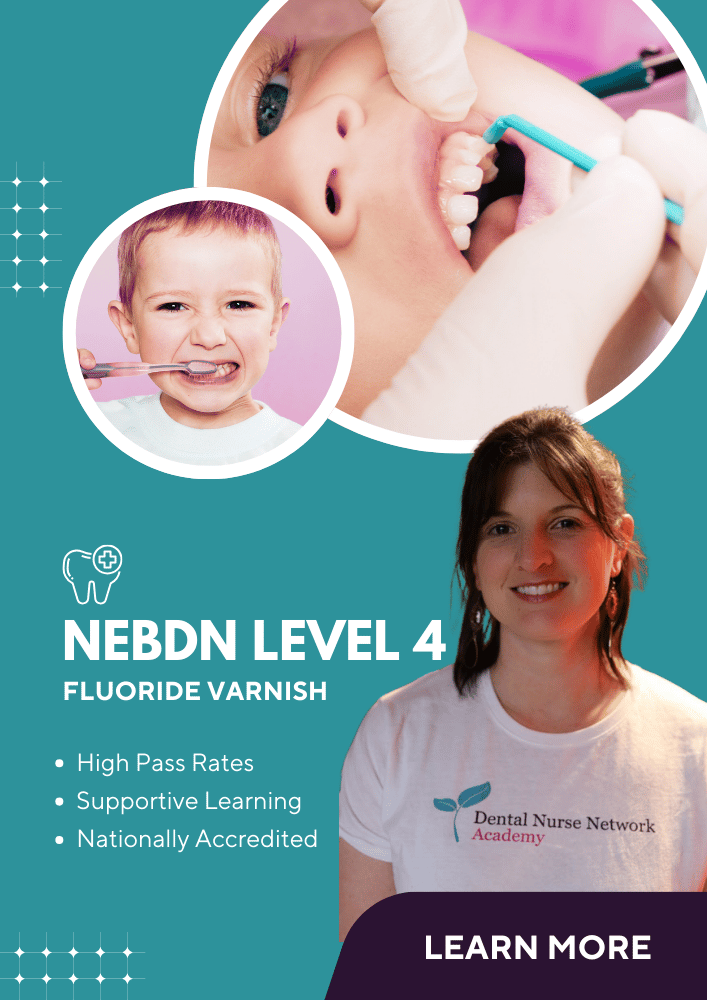 As dental professionals, we recognise that many oral diseases can be prevented with a balanced diet and consistent oral hygiene routine. Yet we still see many patients presenting with multiple cavities and gum disease. Much of this is due to a lack of public awareness about maintaining good oral health.
As dental professionals, we recognise that many oral diseases can be prevented with a balanced diet and consistent oral hygiene routine. Yet we still see many patients presenting with multiple cavities and gum disease. Much of this is due to a lack of public awareness about maintaining good oral health.
Despite the wealth of information available today, tooth decay remains highly prevalent in children. This highlights the urgent need for passionate and dedicated Oral Health Educators (OHEs), who can make a tangible difference by spreading vital oral health messages both within dental practices and in the wider community. (You can read more about this issue here.)
The Role of Oral Health Educators
OHEs play a key role in providing tailored oral health advice to patients as part of a wider treatment plan. They educate patients on brushing techniques, interdental cleaning, and the correct use of dental products. Additionally, OHEs discuss the impact of lifestyle factors, such as diet and smoking, on oral health, and may even identify conditions requiring further investigation by a dentist.
Beyond the practice, OHEs can extend their influence into the community by visiting schools, youth centres, and local events to teach children and families essential oral hygiene habits. These initiatives are particularly important in tackling the state of children’s oral health and fostering lifelong habits that improve overall well-being. For more inspiration on how OHEs make an impact, you might find this article here interesting.
Benefits to Patients and Practices
OHEs provide significant benefits for both patients and dental practices:
Better Treatment Outcomes: Patients are more likely to achieve successful outcomes when their oral health improves prior to treatment.
Reduced Anxiety: For patients who feel nervous in clinical environments, a dedicated session with an OHE can create a more comfortable space for them to absorb essential oral health advice.
More Efficient Use of Time: Recent NHS dental contract reforms have increased the number of high-needs patients visiting practices (NHS, 2024). While improved access to care is positive, it has placed additional strain on appointment schedules, often leaving little time for oral health education. OHEs can step in to fill this gap, giving patients the time and attention they need while allowing clinicians to focus on treatments.
OHEs are also invaluable for supporting patients with additional needs, such as elderly individuals, patients with disabilities, or those with complex medical histories, ensuring that everyone receives personalised and accessible care.
A Marketing Opportunity for Private Practices
In addition to improving patient care, OHEs offer private dental practices a unique opportunity to stand out by providing services that attract and retain patients. For example, OHEs could host workshops for children, teaching them oral health habits in a fun and engaging way. Parents are far more likely to stay loyal to a practice that prioritises their family’s well-being beyond routine dental care.
These workshops, or similar initiatives, demonstrate a practice’s commitment to its patients and community. They also create meaningful value for loyal families, ensuring long-term relationships that benefit both patients and the practice. Beyond the immediate benefit to families, these initiatives serve as powerful marketing tools, positioning the practice as a forward-thinking, patient-centred business that goes the extra mile.
Additionally, OHEs can contribute to a practice’s marketing and communication efforts by creating newsletters and oral health content. Newsletters are an excellent way to stay in regular communication with patients, providing free advice and reminders that reinforce a commitment to their well-being. Practices that consistently offer educational content and show genuine care make it easier for patients to remain loyal and justify paying for services.
OHEs allow practices to differentiate themselves in a competitive market by creating value-driven experiences that enhance both patient satisfaction and loyalty.
Expanding the Scope of Practice
Improving oral health can enhance a patient’s overall well-being, so the importance of oral health education cannot be overstated. Dental nurses can play a key role in this by training to become OHEs through postgraduate qualifications (Health Education England, 2025).
By integrating trained OHEs into dental practices, we can address alarming trends in children’s oral health while empowering patients of all ages to take control of their oral hygiene. Practices that embrace this approach will not only improve clinical outcomes but also strengthen their reputation and connection with their communities.
Conclusion
Oral Health Educators offer an incredible opportunity for practices to elevate both their patient care and business success. By providing tailored education, hosting engaging workshops, and contributing to marketing efforts, OHEs can transform a practice into a trusted, community-centred hub for oral health.
Patients are more likely to remain loyal to a practice that prioritises their well-being and offers meaningful value beyond standard treatments. Whether through educational initiatives or ongoing communication like newsletters, OHEs help build trust and relationships that result in long-term success for both patients and practices.
The increasing prevalence of oral health issues, particularly among children, highlights the urgent need for skilled and dedicated OHEs. By investing in this role, practices can create lasting impacts on their patients’ lives - and ensure their business thrives in the process.
Written by Melanie Pomphrett RDH, MSc, PGCE
References
Health Education England (2025). Extended Duties for Dental Nurses. Online at: https://heeoe.hee.nhs.uk/dental/eoe-dental/dental-care-professionals/dental-nurses/extended-duties-dental-nurses
NHS (2024). Our plan to recover and reform NHS dentistry Online at: https://www.england.nhs.uk/long-read/our-plan-to-recover-and-reform-nhs-dentistry/



